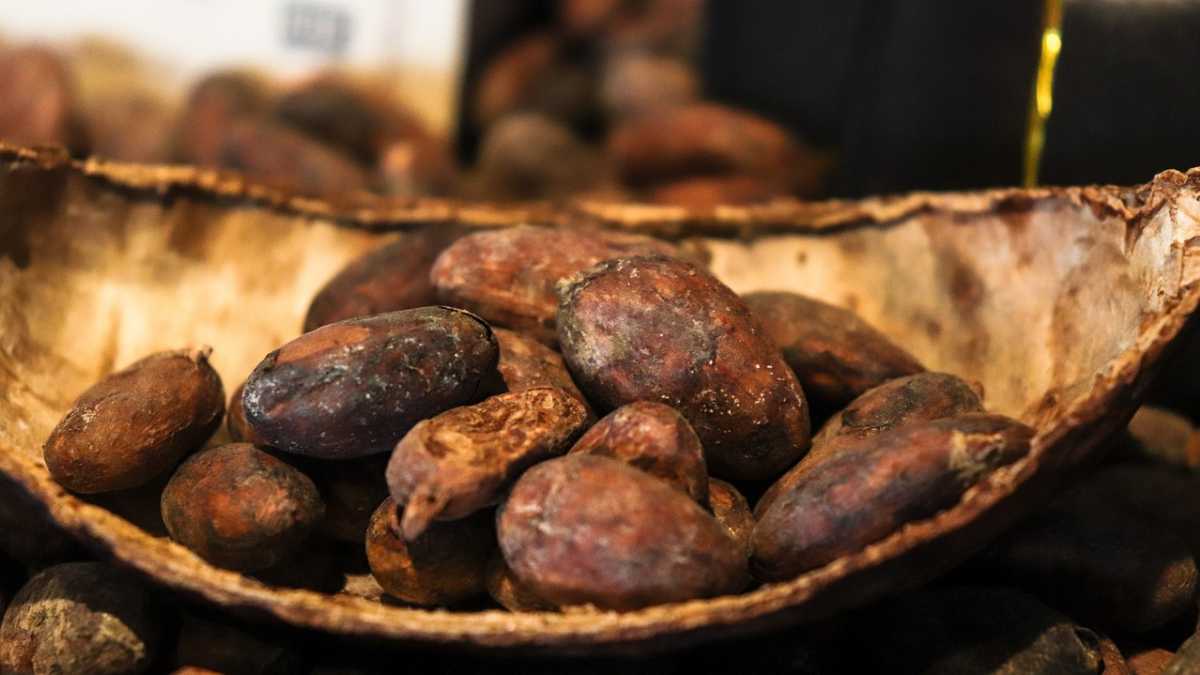
Organic vs Non-Organic Cacao
The difference between organic and non-organic cacao agriculture lies in the methods and practices used in cultivation, pest control, and the use of synthetic substances. At Captain's Chocolate, our cacao is held to the highest standard and utilizes traditional harvesting methods. That means not only is our cacao organic, it also benefits from hand-harvesting over batch methods so quality is consistently as best as possible. In general, when comparing organic vs non-organic, here are the key distinctions to be aware of:
Cultivation Practices:
Organic cacao farming follows sustainable and environmentally friendly practices. It focuses on enhancing soil fertility through the use of compost, natural fertilizers (such as manure), and crop rotation. Organic farmers avoid using genetically modified organisms (GMOs) in their plantations.
Non-organic Cacao agriculture may employ conventional farming methods, which can include the use of synthetic fertilizers and chemical pesticides. It may also involve mono-cropping, where cacao is grown as a single crop over large areas.
Pest Control:
Organic Cacao farmers prioritize integrated pest management techniques to control pests and diseases. This involves using natural methods like beneficial insects, traps, and physical barriers to prevent pests. They may also use plant-based insecticides derived from natural sources.
Non-organic cacao farming often relies on synthetic pesticides to combat pests and diseases. These chemical substances are designed to eliminate or control pests but may have environmental and health implications if not used responsibly.
Fertilizers and Soil Management:
Organic cacao farming emphasizes soil health and fertility. Organic farmers use natural fertilizers, compost, and organic matter to improve soil structure, increase water retention, and promote nutrient cycling.
Non-organic cacao agriculture may use synthetic fertilizers that provide specific nutrients to the plants. These fertilizers can have a more immediate effect on crop growth but may lead to nutrient imbalances and environmental concerns if not applied carefully.
Certification:
Organic cacao farms can undergo certification processes to meet specific organic standards set by various organizations. These standards ensure that the farming practices align with organic principles and regulations.
Non-organic cacao farming does not require certification for conventional agricultural practices. However, it may need to comply with regulations related to pesticide use and food safety standards.
Conclusion:
The choice between organic and non-organic cacao agriculture depends on factors such as environmental sustainability, consumer demand, and the desired certification status. Organic cacao is often preferred by consumers seeking environmentally friendly and pesticide-free products.
Furthermore, our cacao is not only organic via its agricultural methods, but our farming partners are generational cacao farmers and have worked the land for many generations. Without the usage of pesticides and lead-based gasoline harvesting equipment, you can be sure that all of our cacao has the purest cacao flavor and purity.
Seriously the best chocolate I’ve ever had hands down! I’m always looking for organic and fair trade. Captains Chocolate certainly delivers high quality. Have had a few fondue parties. Very entertaining!